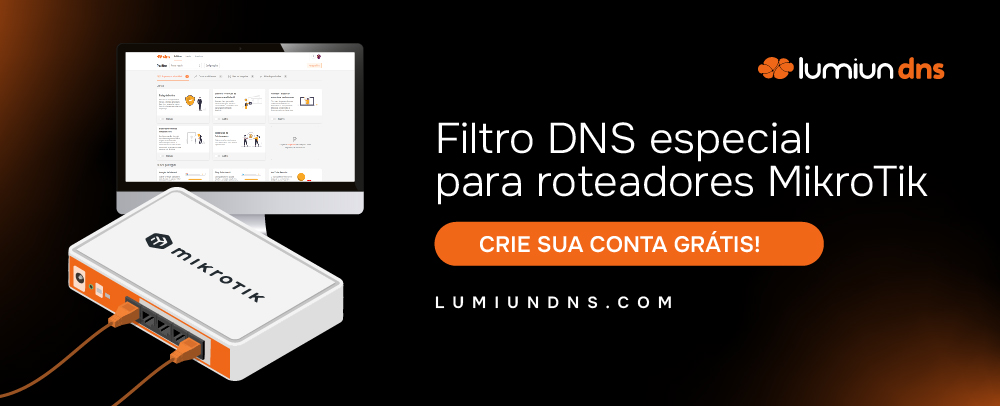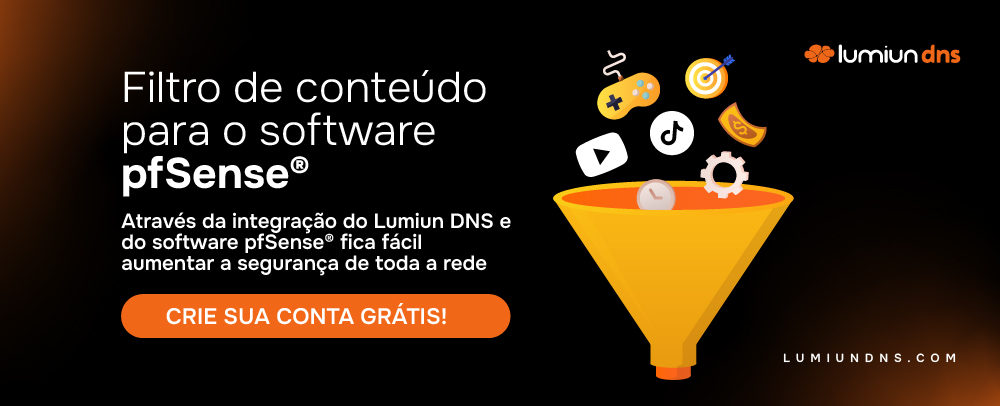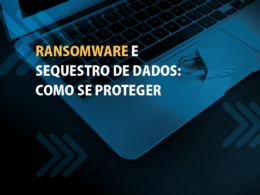Since technology began to establish a central role in carrying out countless tasks, there has been a constant concern about information security in the online environment. Although the internet is a fundamental resource in the workplace, privacy is still an extremely delicate point, especially in relation to the exchange of data and information that takes place through it.
Just as new technologies emerge every day to make our routine easier, there are also several ways to steal this data and control the activities that are carried out in the digital world. One of these forms is spyware. Last year there was a 42% increase in cyber attacks around the world, with spyware being one of the strategies most used by cybercriminals.
This is one of the most recurring and oldest threats since the advancement of the internet, being used to infect machines and devices. Its main purpose is to obtain information illegitimately, using this data to carry out other types of scams, such as virus infection, ransomware , data leakage, and many others.
Since there is no pre-determined target audience to suffer from this threat, it is very easy to become a victim of this type of strategy. For this reason, numerous resources and tools have been developed that help keep devices secure and contribute to the protection of information that is stored and manipulated within the online environment.
But is it possible to protect yourself from spyware? Thinking about helping you, we have prepared complete material with everything you need to know about the risks and damages that can be caused by this type of virus . In this content we will also bring intelligent ways to identify spyware and combat it, helping to protect your information and use the internet in a safer way.
What is Spyware?
As the name suggests, spyware refers to a form of spy software that, when installed on a computer, cell phone or other device, allows a cybercriminal to monitor activities carried out on the internet, such as history and personal information that is typed. This data can be passed on to third parties and favor the application of even more harmful scams.
Spyware is generally used to steal passwords, payment information (credit card number, security code and passwords ), confidential and strategic company data, and much more.
This type of software is one of the most difficult threats to detect, as it is installed without consent and acts silently, without the user noticing any movement. Once installed, this software can perform operations and spy on everything that is done through the infected device .
A specific type of Spyware has become well known due to its threat and great potential for harm: Pegasus. Find out more about this “super spyware:
Generally, this virus reaches its victims through fake downloads, links and attachments that can be sent via email, messages and fake websites, using the strategy of Phishing and Social Engineering to deceive victims . Once installed, spyware can collect information and transmit it according to the criminals' objectives.
In most cases, the focus of this type of threat is on obtaining banking data and personal information for scam applications. Spyware can also be used by advertising companies that want to obtain realistic information about their potential consumers and even by governments that seek to obtain data on the digital behavior of users and people of interest.
This type of malicious file can be installed on computers, machinery that has gone through the automation process, mobile devices, routers and much more. The installation of spyware can be done in several ways, such as through a trojan (Trojan Horse), installation of free programs, fake emails with corrupted links, misleading advertisements , etc.
The use of unsecured connections, such as Wi-Fi networks available in public places, also favors the installation of this type of malware and the application of many other cyber scams. All a cybercriminal needs is a point of vulnerability that helps them penetrate networks and devices .
Types of spyware
This digital threat represents a great danger for users and companies. This is because it can be used to collect and leak strategic and confidential data that can harm the organization and generate financial losses, such as what happens in ransomware scams. With this threat, the data is kidnapped by a cybercriminal, who charges a ransom amount for its return in the face of the threat of leakage of projects, strategies or customer information.
Some versions of this type of virus can track the location of devices, divert documents such as photos and videos, record conversations, monitor social networks , etc., making it necessary to adopt efficient protection measures to avoid this type of problem. Below are some types of spyware that are widely used today:
Trojan
Also known as a Trojan Horse, a Trojan is malware that usually disguises itself as a real, legitimate file or program. Spyware is installed without the user noticing and allows cybercriminals to infiltrate devices, install files and divert information .
Adware
This type of spyware is one of the most annoying, but easiest to identify. This software was created to collect information from consumers or to serve excessive advertisements that are not desired by the user . In some cases, this spyware can also install viruses and applications that harm the proper functioning of machines.
Tracking Cookies
Simply put, cookies are files that are saved on a device, storing configuration information, access data and usage patterns. Tracking cookies allow the cybercriminal to track a user's online behavior on the internet.
System monitoring
This type of malware monitors activities and forwards reports to the responsible attacker. This malicious application can come in the form of a keylogger , which allows recording the user's keystrokes, accessing files and tracking visited websites. Understand how this strategy works:
In addition to Trojans and phishing scams, spyware can also be installed by exploiting system vulnerabilities , using these access points to install themselves and cause various losses to the user.
How does this threat harm your business?
As we have seen, spyware can collect information, monitor digital behavior and even record data that is typed on a device. Due to the breadth of functionalities, this type of malware is widely used to divert access data, personal information, credit card data and many others.
Although this resource can be used for control and security by government agencies , most spyware contamination is carried out by cybercriminals , who use this type of file to track, restrict activities and collect relevant data about the use of devices.
Spyware can also be used to remotely control infected devices , capture information in emails, messaging applications, record the user's browser history, record video and audio and screenshots, collect banking information, passwords and names. users.
From identification to removal
Detecting spyware is not simple, and for the user to be able to get rid of this threat, it is necessary to have digital security tools and strategies that help keep their devices safer, such as antivirus, firewall and popup blockers. . Furthermore, there are some signs that can be noticed when a computer or device has been infected, such as:
- Excessive crashes;
- Slow responses;
- Appearance of popups with unsolicited or unexpected advertising messages;
- Home pages that do not match user settings ;
- Faster battery consumption (especially on notebooks and mobile devices);
- Problems logging into secure pages;
- Increase in bandwidth or mobile data usage;
- Free software installed that does not work as expected;
- Between others.
Removing spyware, once it has been identified, must be done using security software that can deal with this type of problem, such as antivirus and firewall. Contrary to popular belief, spyware does not always appear as a program or file in the device's settings , so the more reliable security tools your device has, the better the protection against this type of threat.
Technology combined with practicality
Lumiun provides tools and resources aimed at security and monitoring digital behavior. Since the biggest gateway for spyware is vulnerabilities created by the user, having an internet access control tool can help your company maintain security.
Taking into account that this type of threat can be present on entertainment websites, fake e-commerce pages and even pornography websites , blocking websites and applications can be a valuable ally for managers who want to protect their users more efficiently. devices and networks of your business.
In cases where just having an internet usage policy cannot adequately control employees' digital behavior , access management software can make all the difference.
Lumiun has efficient and assertive solutions for this type of demand, with easy-to-use panels and intelligent, customizable tools for your company . With the help of Lumiun, managers can efficiently monitor user behavior, block unauthorized access and have complete reports on internet usage within the business.
Take a , uncompressed demonstration
Until later!











